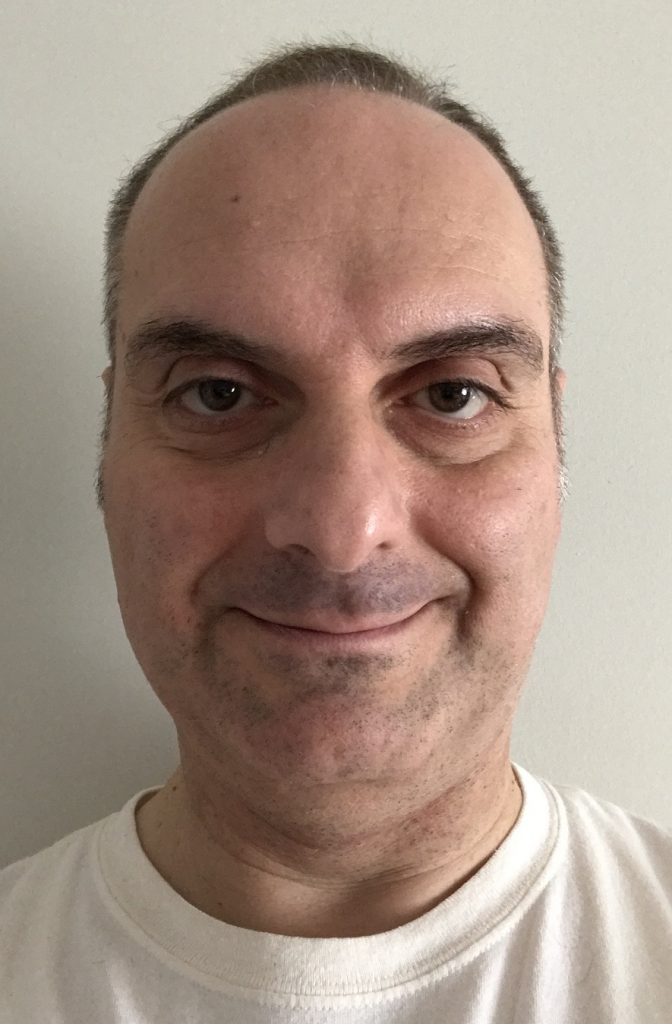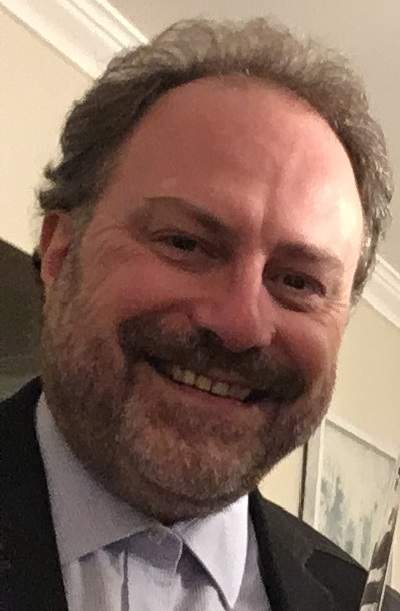Applying Intentional Creativity to Quality Management
(Appliquer la créativité intentionnelle à la gestion de la qualité)
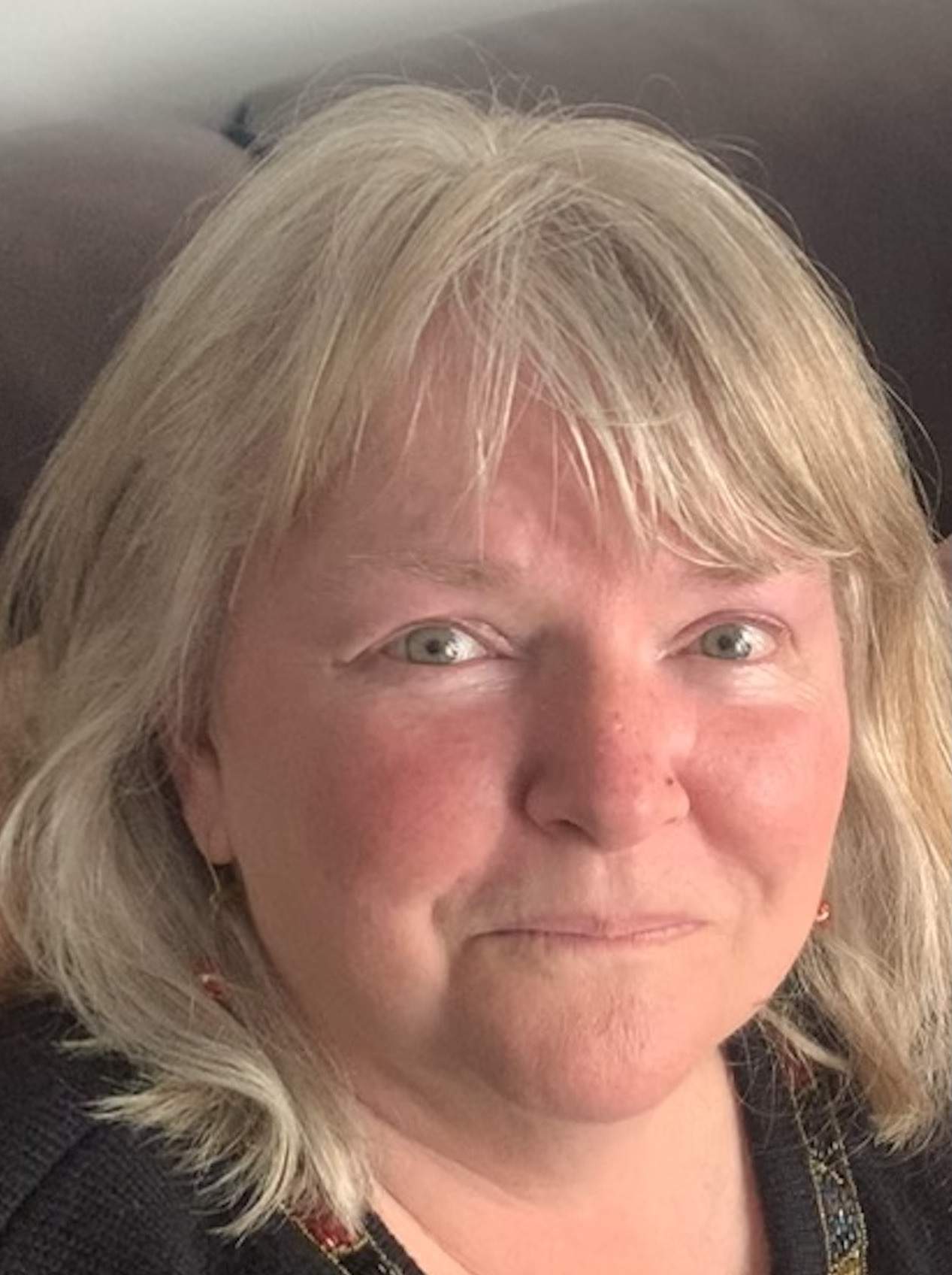 By Raymond E. Dyer (Ray), ASQ Senior Member, CMQ/OE, & CQA (Texte en français suit)
By Raymond E. Dyer (Ray), ASQ Senior Member, CMQ/OE, & CQA (Texte en français suit)
“The most valuable “currency” of any organization is the initiative and creativity of its members. Every leader has the solemn moral responsibility to develop these to the maximum in all [their] people.” – W. Edwards Deming
I hope I can give justice to the presentation and workshop of our 22 March, 2023 webinar with Ruth Stanley on Applying Intentional Creativity to Quality Management. It’s not always easy to moderate such events, participate in the workshops, and then write up about them. However, here it goes.
Like all good presenters, Ruth spent some time sharing with us about the co-authors of her book “Your Creativity Sprint“, i.e. Dwight Powless, Tim Ragan, and Edwin Garro. After reviewing a few popular acronyms like VUCA (Volatile-Uncertain-Complex-Ambiguous) and BANI (Brittle-Anxious-Non-linear-Incomprehensible) and their significance, Ruth asked us “How do we nurture creativity?“, going through components such as Physical, Mental, Emotional, Relationship, Spiritual, and Cultural. This alone indicated we were going to talk about human factors which she summarized as “embracing our humanity“.
Ruth then spent time reviewing techniques such as “Look, Listen, Feel Challenge” and incorporating Intentional Creativity into an A3 Challenge, a tool many Quality professionals are very aware of. My favorite workshop exercises were the “Ugly Baby Challenge” where no “buts” were allowed and especially the “Hero Challenge” where the focus was on relating a message regarding a current issue using a hero to give your younger self a message from your experience — talk about thinking out of the box!
Having taken courses in coaching, I could not help feeling that Ruth’s Intentional Creativity approach shared strong elements with a coaching approach that really solicits individuals to think of alternatives and paths of action themselves rather than following prescribing best practices suggested to them. This ASQ event had everything we look for: information, application of theory, and an opportunity to reflect and learn. An excellent experience indeed. For more information on Ruth’s book, see Your Creativity Sprint Five-Week Challenge.
We look forward to continuing discussions on this and other topics in the future.
J’espère pouvoir donner justice à la présentation et l’atelier de notre webinaire du 22 mars, 2023 avec Ruth Stanley, sur Appliquer la créativité intentionnelle à la gestion de la qualité. Il n’est pas toujours facile d’animer de tels événements, de participer aux ateliers et de rédiger un article à leur sujet. Mais voici ce qu’il en est.
Comme tout bon présentateur, Ruth a pris le temps de nous présenter les co-auteurs de son livre “Your Creativity Sprint“: c’est-à-dire Dwight Powless, Tim Ragan et Edwin Garro. Après avoir passé en revue quelques acronymes populaires tels que VUCA (Volatile-Uncertain-Complex-Ambiguous, en français “Volatilité, Incertitude, Complexité et Ambiguïté”) et BANI (Brittle-Anxious-Non-linear-Incomprehensible, en français “Fragile, Anxieux, Non-linéaire et Incompréhensible”) et leur signification, Ruth a posé la question suivante: “Comment nourrir la créativité?” en passant en revue des éléments tels que le physique, le mental, l’émotionnel, le relationnel, le spirituel et le culturel. Ceci indiquait que nous allions parler des facteurs humains, ce qu’elle a résumé en disant qu’il s’agissait d’embrasser notre humanité.
Ruth a ensuite passé du temps à revoir des techniques telles que “Look, Listen, Feel Challenge” (regarder, écouter, ressentir le défi) et incorporer la créativité intentionnelle dans un défi A3, un outil dont les professionnels de la qualité connaissent bien. Mes exercices préférés ont été le “Ugly Baby Challenge” (défi du bébé moche), où aucun “mais” n’était autorisé, et surtout le “Hero Challenge” (défi du héro), où il s’agissait de faire passer un message sur un sujet d’actualité en utilisant un héro pour faire passer à son jeune soi-même un message issu de son expérience – il s’agissait vraiment de sortir des sentiers battus!
Ayant suivi des cours de coaching, je n’ai pu m’empêcher de penser que l’approche de la créativité intentionnelle de Ruth partageait des éléments forts avec une approche de coaching qui sollicite réellement les individus pour qu’ils réfléchissent eux-mêmes à des alternatives et à des voies d’action plutôt que de suivre les meilleures pratiques prescrites qui leur sont suggérées. Cet événement de l’ASQ avait tout ce que nous recherchons: de l’information, l’application de la théorie et une occasion de réfléchir et d’apprendre. Une excellente expérience en somme. Pour plus d’informations sur le livre de Ruth, voir Your Creativity Sprint Five-Week Challenge.
Nous nous réjouissons de poursuivre les discussions sur ce sujet ainsi que sur d’autres à l’avenir.
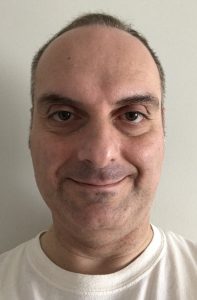 By Michael Bournazian, Eng., Newsletter Editor, ASQ Senior Member, Quality Management Professional, CSSGB
By Michael Bournazian, Eng., Newsletter Editor, ASQ Senior Member, Quality Management Professional, CSSGB


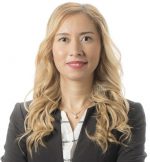
 By
By  Contact
Contact 
